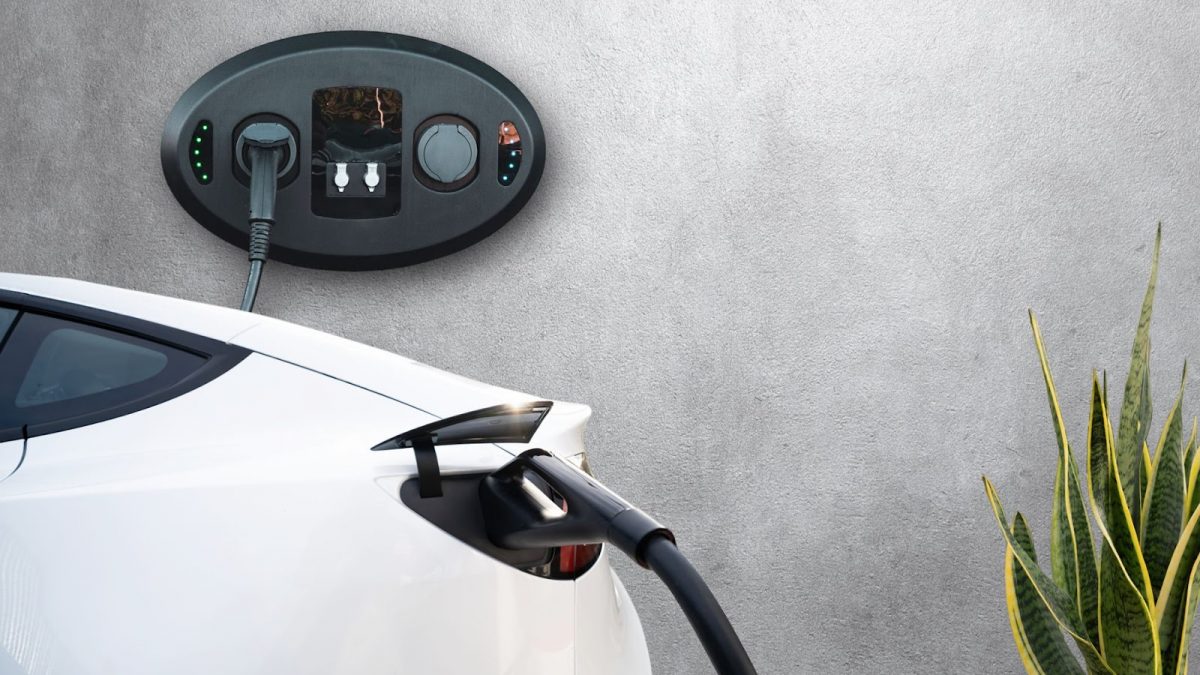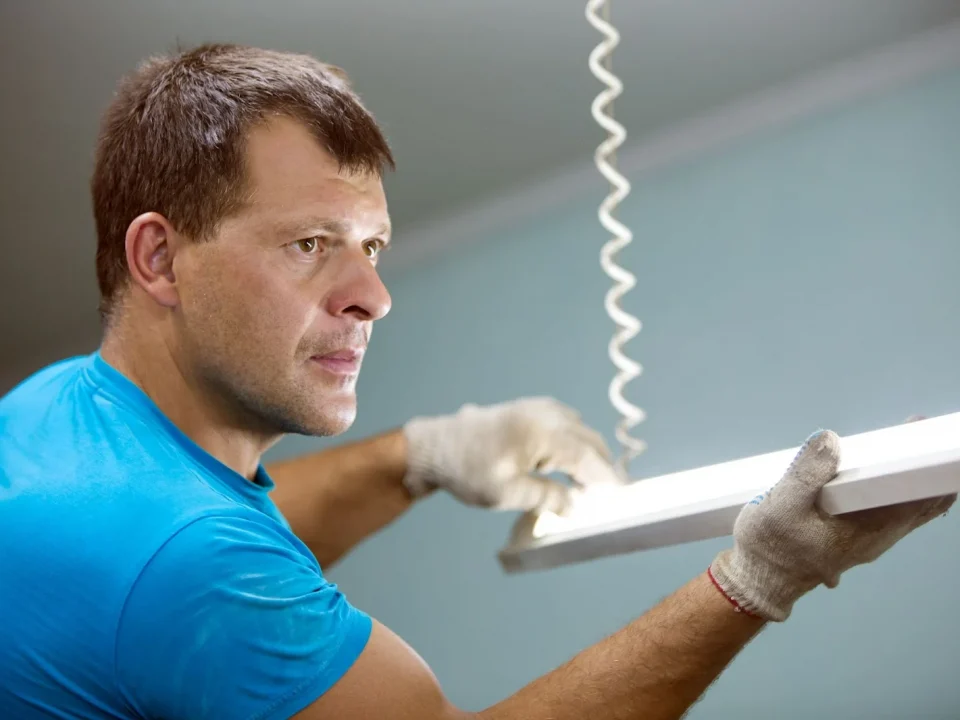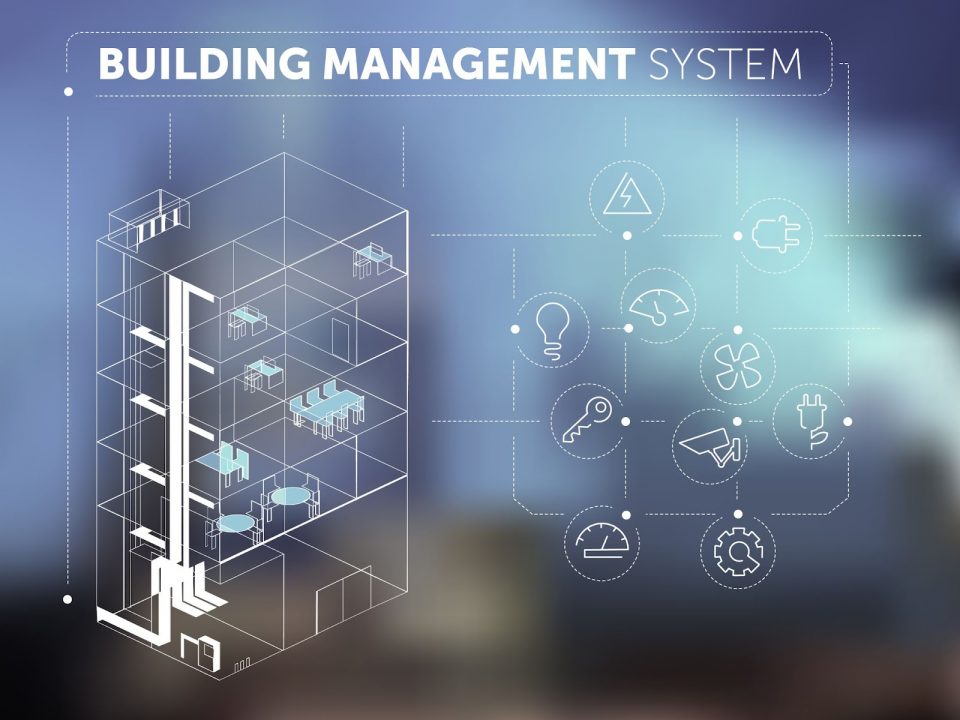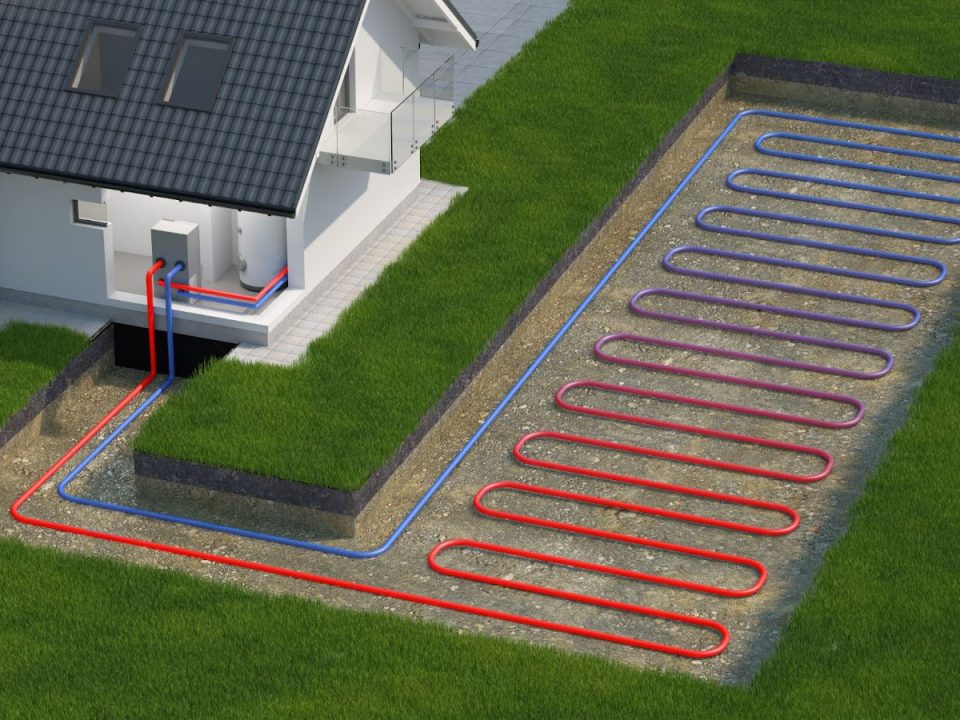Everything You Need to Know About a Home EV Charging Station: From Installation to Running Costs


Installing an EV car charger in your home requires a lot of thought. It’s not just as easy as ‘will this fit?’ or ‘how much will it cost?’. It’s also important to check if your garage is suitable and if the power sockets are hardwired. In this article we discuss the benefits of residential electric vehicle charging ports and comparatively to public charging areas.
Benefits of EV Home Charging
Convenience
With an EV charging station, you just plug your car in when you get home. With a fully charged battery, you can drive out without worrying about range anxiety.
Charging Speed
Using a domestic 3-pin plug charging cable your charging speed is limited, it might take up to 20 hours to charge your car (a 2kW to 2.3kW point to charge an average 60kWh battery). However, with a dedicated electric vehicle charging port you can cut the time to about 8 hours (average 7.4kWh point charging an average 60kWh battery).
Raises property value
Plus, the value of a home goes up when you have an EV charger. People who own electric vehicles tend to prefer houses with EV charger units, averaging paying an extra 30% compared to other houses in the area.
Can I Install My Own EV Home Charger?
Charging points must be installed on dedicated circuits as required by Building Regulations, which only an electrician can safely install. Under the Building Regulations, new circuits are notifiable, so they must be approved before installation for safety reasons.
A qualified electrician is recommended when installing your own charging point.
In order to ensure that your charger is installed safely and that all the regulations are followed, it’s best to hire an expert and certified installer.
EV Charging Station Installation
EV charger installation requirements
The Wiring Regulations of BS7671 require the installation of a dedicated circuit for a charge point, which must have its own RCD (type A). It is also necessary to meet certain technical requirements when installing an EV charger in the UK. For instance, electrical outlets’ exterior casings can’t exceed 0.2 cubic metres. Installation of charging points is also not permitted if the outlet and casing are facing and within 2 metres of a highway, within a site marked as a scheduled monument or within a listed building’s perimeter.
As for other minimum technical specifications, EV chargers installed must comply with EVHS and Building Regulations electrical safety standards. Charge points must have adequate electrical supply potential to operate at their rated capacity. And under BS EN 61851, the charge point is required to meet the minimum IP rating to prevent water intrusion.
Installation process
If you live in the UK, you may be able to get a charger installed if you are the property owner or if your landlord allows it. Also, you need internet access and off-street parking.
Picking the right EV charger for you
The maximum current allowed by a domestic socket is 3kW, so a 40kWh battery could take up to more than 10 hours to recharge. Meanwhile, the charging time when using a 7kW charger is three times faster than a domestic socket. And, of course, 22kW home chargers can deliver faster charging speeds than 3kW and 7kW units. A three-phase electrical supply, however, is required for this.
Various chargers are available, from 3kW and 7kW to 22kW. The most popular chargers in the UK are those with a power output of 3kW and 7kW. Some homes with three-phase power (AC) can use more powerful chargers with 22 kW.
After picking the power output, you may choose between a tethered charger (has a cable) or an untethered charger (doesn’t have a cable). The tethered version is more convenient, as it doesn’t require you to carry a cable in your trunk. Meanwhile, the untethered version can be hooked up to almost any EV.
Choosing the best location
EV chargers are usually mounted on a driveway wall or garage wall. This will be convenient since you can connect to the mains electricity and park close to it. The site where you want to install your charger will have to be examined by your chosen EV charging service providers before installation.
Installing the charge point
In general, customers don’t have to worry about the installation process. For technical clarification, you’ll have to fill out a form and sometimes talk to an engineer via video call. In most cases, the installation takes about an hour. It might even be possible for your installer to handle government applications.
Based on the photos you provided, the installers will know where to place it. Once they’ve installed it, they’ll plug it in the main powerline and test it. And in the end, they’ll show you how to use it.
Costs Involved
Home charging stations typically cost between £800 and £1,500 to install. Your choice of charger installer and charging model will determine the exact price.
Choosing a charger with less power may enable you to purchase a 3kW unit at a lower cost. Generally, 7kW chargers cost around £800 and upwards. For those willing to spend more, super-speedy chargers can run up to £1,500.
While this may seem high, grants can help you cover the installation costs. There’s the EV Chargepoint Grant, for instance, which replaced the EVHS scheme. A person with an EV and living in a rental accommodation or owning a flat is eligible for this grant. It contributes 75% towards the cost of installing a charge point, with a cap of £350 for every installation.
Is it cheaper to charge at home or at a charging station?
While there is some convenience to charging at a public charging station, home charging can often be more cost effective. If time is a deciding factor for you, super fast charging public charging stations are a better choice. However, using an at home charging port you can charge overnight, waking up to a full battery. You may want to consider that finding a public charging station spot adds an extra layer of stress.
In the UK, 460,000 EVs are currently registered. However, only 300,000 home chargers have been installed. The lack of a home charger can lead consumers to pay more since VAT is applied to domestic supply at a 5% rate while public charging points are taxed at 20%.
Reach Out to Edmont M&E’s Team of Electricians in Swindon Today
A home charging station is a practical, affordable and convenient way to charge your EV. To ensure the best results and safety, it’s better to let expert electrical contractors in Swindon handle the installation process. At Edmont M&E, we have the experience to install your charging point safely and professionally. Contact us now.


